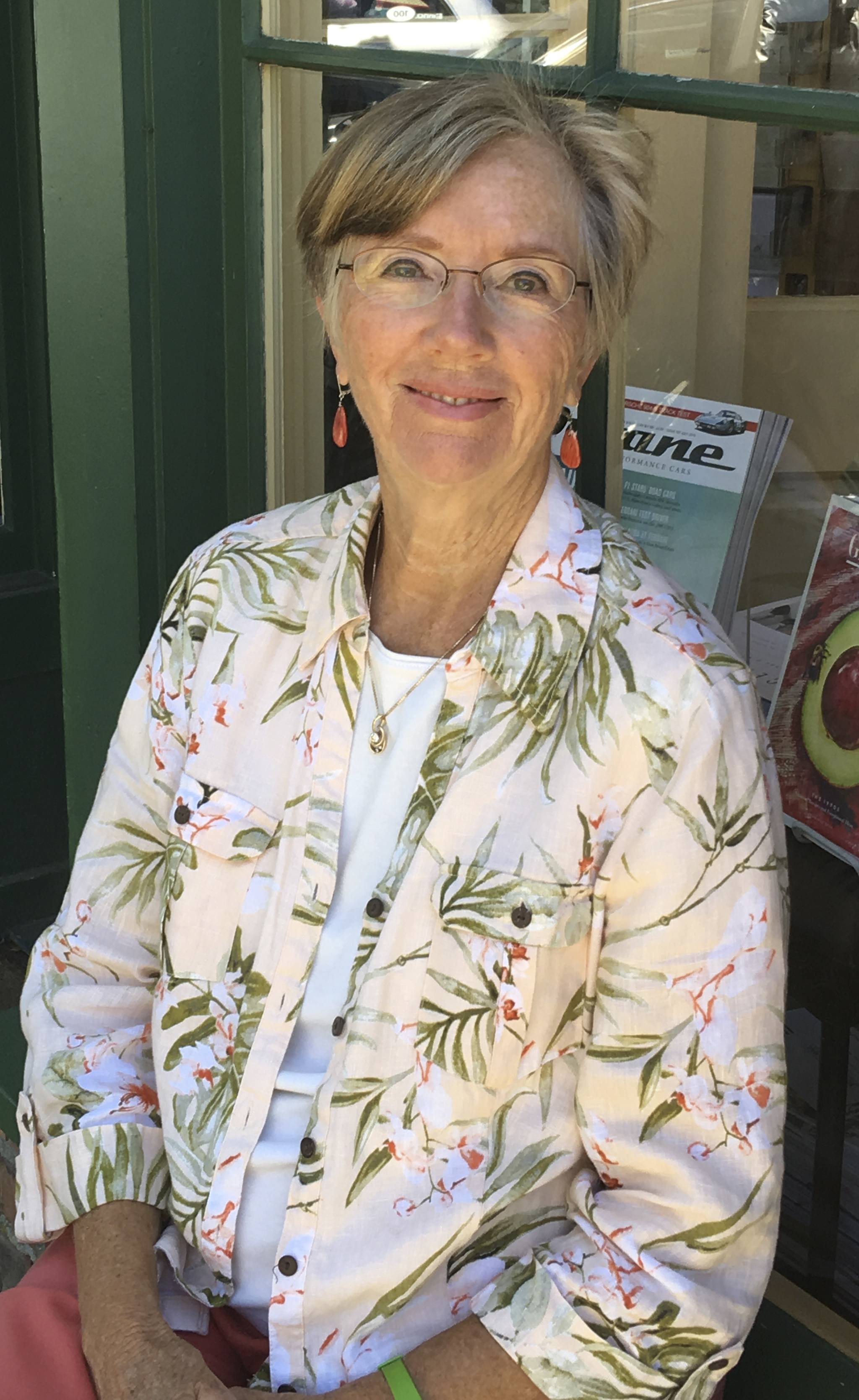Losing a loved one is the most traumatic experience a human being can go through.
And when it comes to couples, there isn’t a designated time period for mourning the loss of a spouse and moving on to a new relationship.
“Grieving and finding a new love can overlap and occur together,” said Dr. Janice Wiemeyer. “And sometimes the new person can help with the grieving process.”
Wiemeyer and her husband Alan have published the book “Loving Again: After A Spouse Has Died,” which profiles 26 couples. She will host a reading at Darvill’s Bookstore on Wednesday, July 27 at 6 p.m.
Alan was widowed before meeting Janice, who is a psychologist. They’ve been together since 1996, but initially had some challenges with his children accepting a new woman into the fold. When they couldn’t find a lot of literature on the subject, the two decided to write their own book, a project that has spanned 10 years.
They began by talking to Orcas couples, and their research blossomed into other parts of the country and even the United Kingdom. Their interview subjects ranged in age from 27 to 83 (women) and 45 to 86 (men). The average age was 56.
“They said the most amazing, insightful things that blew me away so many times,” she said. “We love the people we talked to. They were so generous.”
Many studies have shown that women take longer than men to find love again. Janice says it’s because men typically die before their wives, leaving a larger pool of single females, and many women find that they don’t mind living alone. She cites a national study in her book that found for those over 65 years old, only 2 percent of widows will remarry while 20 percent of widowers will walk down the aisle again. And when men do enter into a new relationship, they are more likely to choose a younger partner.
“Women like to have someone to go out with while men like to have someone to come home to,” she said.
Janice says it was interesting how many of the book’s subjects had incorporated the deceased partner into the new relationship whether by telling stories, keeping photographs in the house and maintaining relationships with extended family members.
Not all of those they spoke to were devastated by the loss of a partner. Some felt a sense of relief after being a caregiver during a long illness while others had a “general resilience and determination” to make the most of their remaining years.
One woman, whose husband died in her 20s, has been remarried for 40 years and said the following about her experience.
“Don’t hang on to the past, be in the present. The past relationship is like a good book – finish it, close it, look at it when you want to, but don’t carry it around. Don’t disrespect either your deceased partner or your new partner by carrying it around.”



